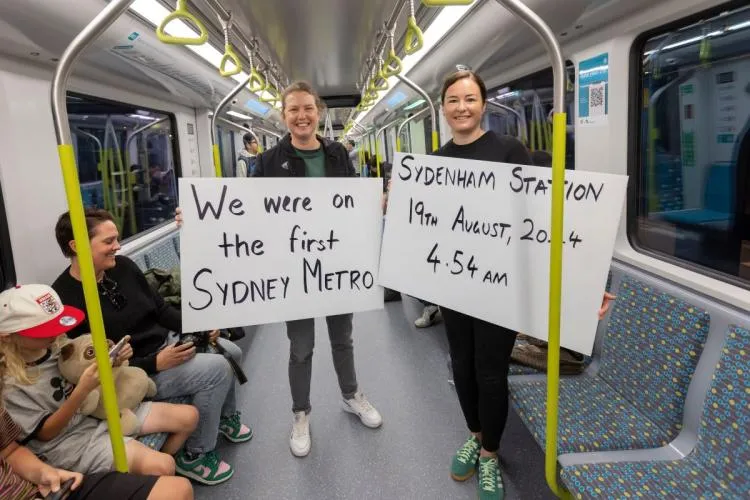Britain’s network Rail is warning commuters to take care on level crossings after new figures revealed that more than half of all near misses with trains at level crossings over the last five years took place during the evening rush hour.
To combat the problem and help improve the safety of everyone who travels on or across the railway, Network Rail has launched a new level crossing safety awareness campaign targeting commuters, reminding them to take care at level crossings, particularly as they travel
March 3, 2016
Read time: 2 mins
Britain’s 5021 network Rail is warning commuters to take care on level crossings after new figures revealed that more than half of all near misses with trains at level crossings over the last five years took place during the evening rush hour.
To combat the problem and help improve the safety of everyone who travels on or across the railway, Network Rail has launched a new level crossing safety awareness campaign targeting commuters, reminding them to take care at level crossings, particularly as they travel home from work.
According to Network Rail, in the last five years, there have been more than 500 near misses involving cyclists, motorists and pedestrians during the peak travel hours for commuters –7-9am and 4-7pm. Six out of every ten of these incidents occur during the evening rush hours.
Network Rail’s campaign launch coincides with British Transport Police’s (BTP) Operation Look level crossing safety initiative. BTP and Network Rail safety teams will be at level crossings across Britain today handing out leaflets and travel card holders carrying key safety messages and giving advice on how to use level crossings safely to commuters and other level crossing users.
To combat the problem and help improve the safety of everyone who travels on or across the railway, Network Rail has launched a new level crossing safety awareness campaign targeting commuters, reminding them to take care at level crossings, particularly as they travel home from work.
According to Network Rail, in the last five years, there have been more than 500 near misses involving cyclists, motorists and pedestrians during the peak travel hours for commuters –7-9am and 4-7pm. Six out of every ten of these incidents occur during the evening rush hours.
Network Rail’s campaign launch coincides with British Transport Police’s (BTP) Operation Look level crossing safety initiative. BTP and Network Rail safety teams will be at level crossings across Britain today handing out leaflets and travel card holders carrying key safety messages and giving advice on how to use level crossings safely to commuters and other level crossing users.









